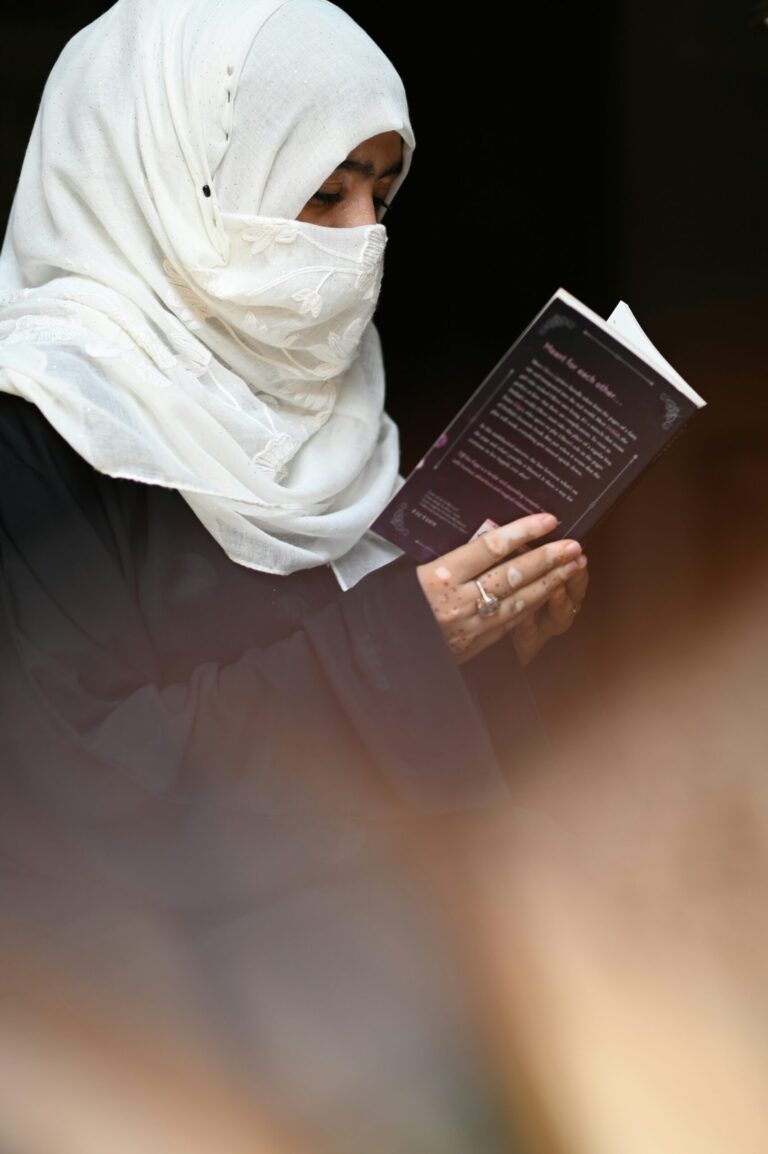“And whoever purifies himself does so for the benefit of his own soul. And to Allah is the [final] destination.” – Quran 35:18
As Muslims, we often focus on the visible aspects of our faith—our prayers, our charity, our fasting. But what about the invisible thorns we carry in our hearts? The subtle sins that weigh us down, steal our peace, and create barriers between us and Allah (SWT)?
The Weight of Insincerity
One of the most painful realizations I’ve come to is recognizing the thorn of resentment in my own heart. It’s that quiet, heavy feeling that sits in your chest—you might smile on the outside, help others, say the right words—but deep down, there’s bitterness. You feel used, or like you’re always expected to be the understanding one, even when others haven’t shown you the same kindness.
Sometimes I find myself helping people with a heavy heart, complaining internally, feeling frustrated, wondering “why do I have to?” And then the painful truth hits: no matter how much good I do, if it isn’t done with sincerity, it doesn’t bring me closer to Allah. Without ikhlas (sincerity), our actions lose their barakah.
The Prophet (peace be upon him) reminded us: “Actions are but by intention, and every man shall have only that which he intended.” When our hearts are clouded with resentment, even our good deeds become burdens rather than blessings.
The Poison of Comparison
Another thorn I’ve discovered is comparison, which quietly grows into jealousy and then hardens into resentment. This is especially painful when it involves people we love—when they’re praised and we’re not, when they seem to always be seen in a better light than us.
I don’t enjoy feeling jealous. I don’t want to resent people I care about. But in those small moments of comparison, a wall builds in my heart—one I never intended to construct. This wall doesn’t just separate me from others; it separates me from Allah’s mercy and peace.
The Quran warns us about this very thing: “And do not wish for that by which Allah has made some of you exceed others.” (4:32) When we constantly measure ourselves against others, we lose sight of our own unique path and the countless blessings Allah has bestowed upon us.
The Real Cost of Our Thorns
These hidden thorns don’t just hurt others—they hurt us most of all. They:
- Steal our inner peace and contentment
- Block our duas from being answered with a clear heart
- Make it harder to feel close to Allah
- Rob our good deeds of their spiritual reward
- Create barriers in our relationships
As the hadith tells us: “Beware of envy, for envy devours good deeds just as fire devours wood.”
The Path to Healing
But here’s the beautiful thing about Islam—there’s always a path to purification. Recognizing these thorns is the first step. Allah (SWT) tells us: “And whoever purifies himself does so for the benefit of his own soul.”
The journey of removing these thorns requires:
Honest self-reflection (Muhasabah) – Regularly examining our hearts and intentions Seeking Allah’s forgiveness (Istighfar) – Constantly turning back to Him for purification
Gratitude (Shukr) – Focusing on our blessings rather than what others have Sincere intention (Ikhlas) – Purifying our motives in all that we do
Moving Forward with Hope
Alhamdulillah, just becoming aware of these thorns is a tremendous blessing. It means Allah is guiding us toward self-improvement and spiritual growth. The fact that we feel discomfort with these feelings shows that our fitrah (natural disposition) is still intact, still calling us toward what is right.
Remember, the path of purification isn’t about perfection—it’s about progression. Every small step we take to soften our hearts, to serve others with sincerity, to choose gratitude over comparison, brings us closer to the peace and closeness with Allah that we seek.
May Allah help us all to identify and gently remove the thorns in our hearts, replacing them with seeds of sincerity, gratitude, and love. Ameen.
“And give good tidings to those who believe and do righteous deeds that they will have gardens beneath which rivers flow.” – Quran 2:25


